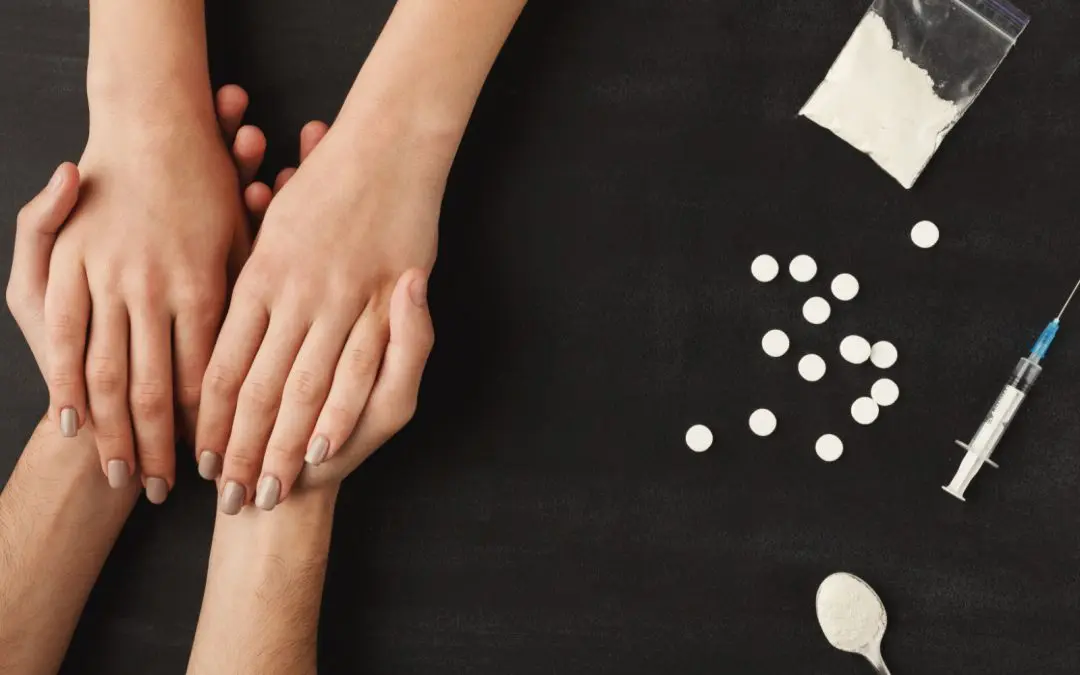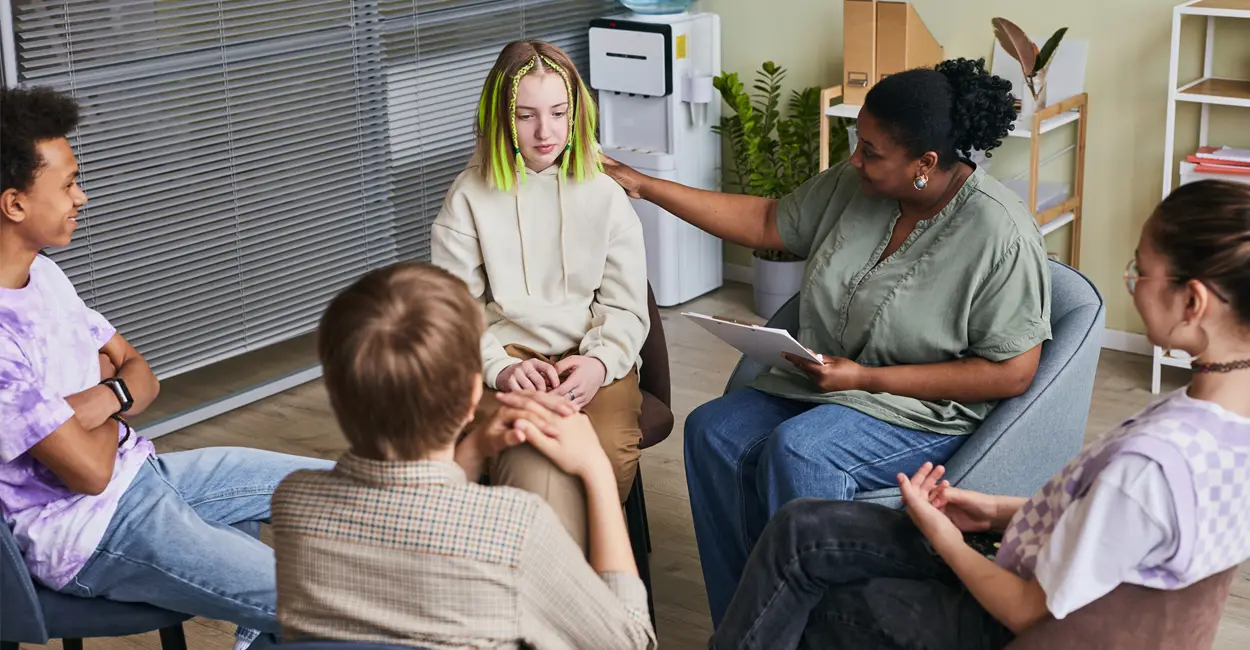24/7 Helpline:
(866) 899-111424/7 Helpline:
(866) 899-1114
Learn more about PTSD Treatment centers in Gratis
PTSD Treatment in Other Cities

Other Insurance Options

American Behavioral

Oxford

Medical Mutual of Ohio

CareFirst

Meritain

Self-pay options

Horizon Healthcare Service

Absolute Total Care

Kaiser Permanente

Health Net

BHS | Behavioral Health Systems

Health Choice

Evernorth

GEHA

Molina Healthcare

Sliding scale payment assistance

Excellus

Group Health Incorporated
Beacon

BlueShield




















